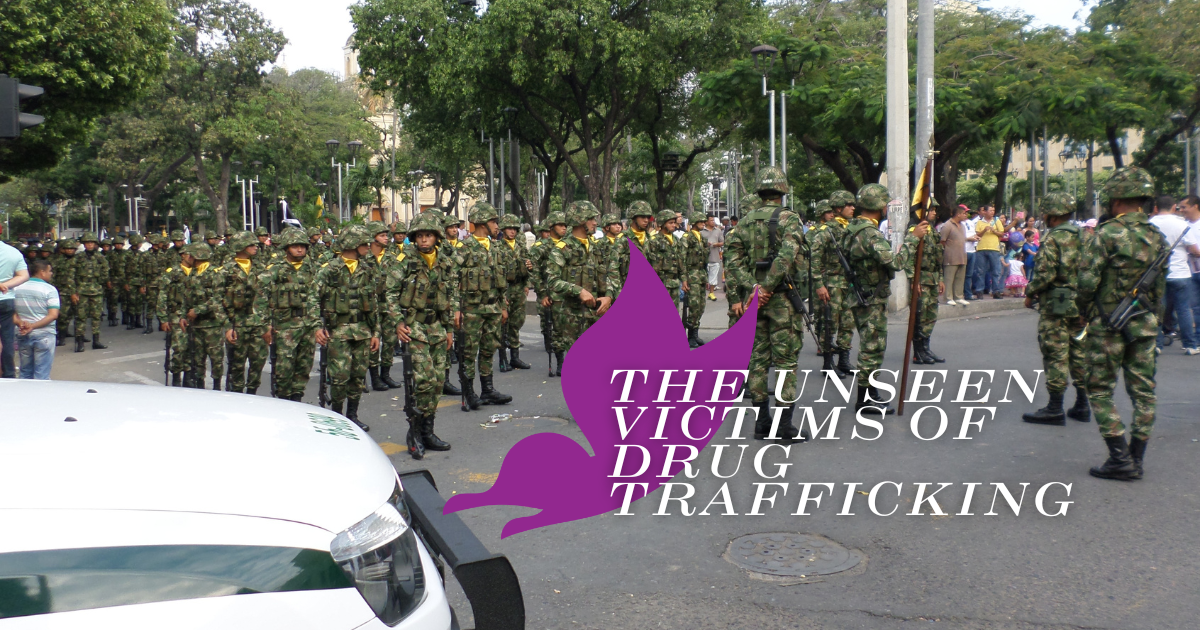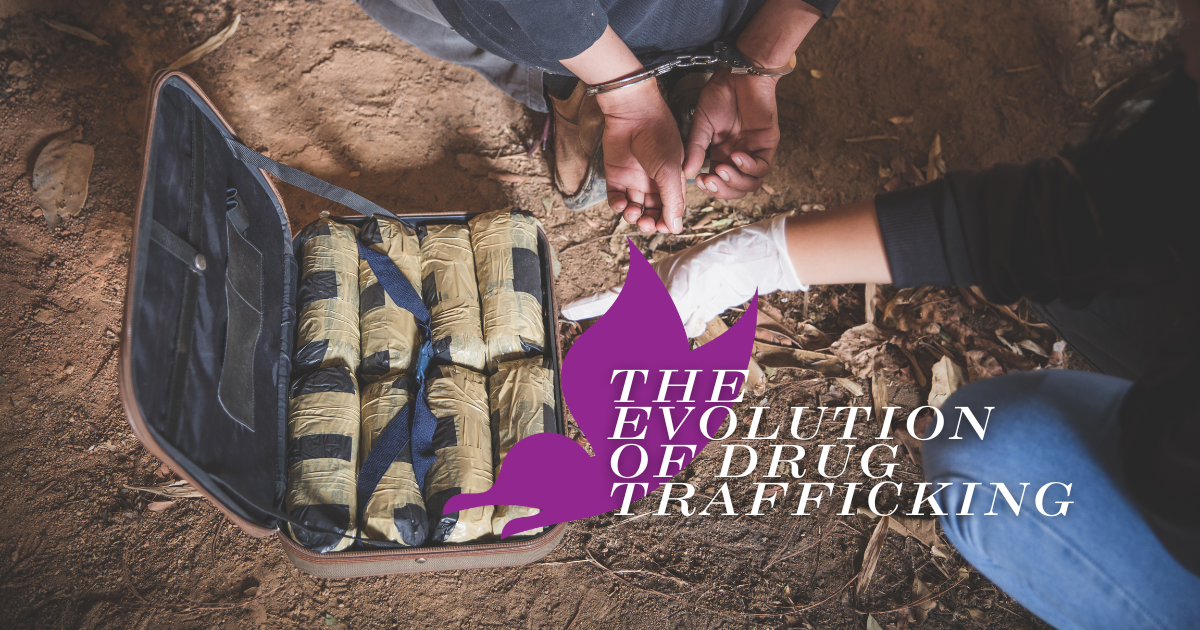More than 1,400 college students die each year from alcohol poisoning, and 31 percent of students report symptoms of alcohol abuse. This is a number that has the potential to be drastically lower if it were not for fear of reporting an overdose because of legal repercussions.
To help combat this fear, and lower the death rate, the Indiana Lifeline Law was put in place in 2012 to provide a certain level of immunity from arrest and/or prosecution for various alcohol-related offenses. This is an important Indiana law for parents, students, minors, and even those who are of-age to know as it is designed to both protect and save lives.
How does the Indiana Lifeline Law work?
The Lifeline Law was put in place to provide immunity from underage drinking laws such as public intoxication, minors who are in possession, minors who are consuming, and similar laws.
Under the Indiana Lifeline Law, a limited amount of immunity will be provided if the arrest or prosecution is due to the person:
- Reporting a medical emergency
Example: You and your friend, who are both 18, are at a party and have been drinking alcohol. After a few hours, your friend is showing signs of alcohol poisoning. *(Learn more about alcohol poisoning below.) She cannot stand, she is vomiting, and she cannot open her eyes. You know she needs medical assistance for alcohol consumption and she needs help fast. If you call or text 911 for an ambulance, you will not be prosecuted or arrested for being underage and drinking alcohol.
- Being the victim of a sex offense
Example: You are at a party and have been consuming alcohol underage where you meet an individual who sexually assaults you. If you go to the police and report the assault, you will not be prosecuted or arrested for underage drinking.
- Witnessing and reporting what the person believes to be a crime
Example: You are walking to a football game from the tailgating area where you have been engaging in underage drinking. While on the way, you see someone break into a car and steal items from its back seat. If you call or text 911 to report the crime and cooperate with the police, you will not be prosecuted or arrested for underage drinking.
Important Things to Remember
In order to not be arrested or prosecuted, however, the reporter must do these three things:
- Stay at the scene until police and an ambulance has arrived.
- Provide their and/or the individual’s full name to the police.
- Fully cooperate with the authorities once they arrive and in any future conversations.
Another stipulation in the Indiana Lifeline Law is that the reporter cannot provide alcohol to another minor who needs help, and they cannot drive under the influence.
Know the Signs of Alcohol Poisoning
The line between “passing out” and dying is thin when dealing with alcohol consumption and alcohol poisoning. If someone is showing any of the following alcohol poisoning signs, it is vital to call or text 911 immediately:
- confused
- vomiting
- breathing rate is unnatural
- pale or bluish skin
- unusual snoring
- loss of bodily functions
- and/or cannot wake the person into an alert state.
When in doubt, contact the authorities as the Lifeline Law can protect you – and their life – in the end.

Choose Recovery Over Addiction
We're here 24/7 to help you get the care you need to live life on your terms, without drugs or alcohol. Talk to our recovery specialists today and learn about our integrated treatment programs.




